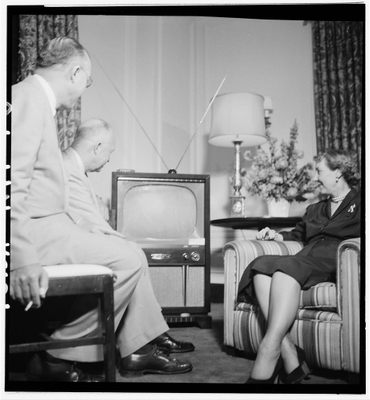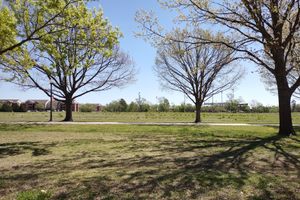About
The part that radio and television has played in our ever-changing political culture is a fascinating one. Looking back at how these mediums have been used by politicians to secure (or surrender) their positions as leaders of the free world can give some perspective on how powerful these broadcasting tools were right from the beginning.
With an estimated 80,000 recordings of commercials in film, audio, and video format, the Julian P. Kanter Political Commercial Archive presents an impressively thorough timeline of political material from 1936 to present day. Debates, speeches, and campaign ads from presidential campaigns to senatorial, congressional or gubernatorial races are archived in every manner of media, from 35mm film to VHS tapes to cassettes and DVDs. These days, the internet is also in the mix, making collection of these political snapshots that much more laborious to hunt down and collect. Archivists have added student workers and a research assistant to their team to help browse the web during election gear-up, and help wrangle the back up of roughly 1,000 ads and 40 unopened boxes that are in need of being catalogued.
Private collector Julian P. Kanter began the archive in 1956, and sold the collection to the University of Oklahoma in 1985, where it now resides in their Political Communication Center. Kanter continued to curate the collection, which included about 25,000 ads at the time he handed it over to the university. Over recent decades politics have come to dominate the airwaves, which is illustrated in the impressive jump from 25,000 to 80,000 in just 30 years.
Not only do archivists have the responsibility of preserving the media collected over the years, they are also tasked with maintaining equipment for viewing it, a challenging project as that equipment becomes obsolete. To combat this issue, the collection is in the long and arduous process of being digitized. This effort is being supported in part by a $135,000 grant from the Save America's Treasures program, a collaboration of the National Endowment for the Humanities and the National Park Service to assist in the preservation of historical gems such as this.
The collection is open to the public during normal business hours, but it's appreciated if viewers call ahead to request specific material so that material can be prepared for your visit. You can also request a DVD of specific ads with archivist's approval. Contact information and more details on how to view the archive is available on their website.
Related Tags
Published
October 19, 2015























